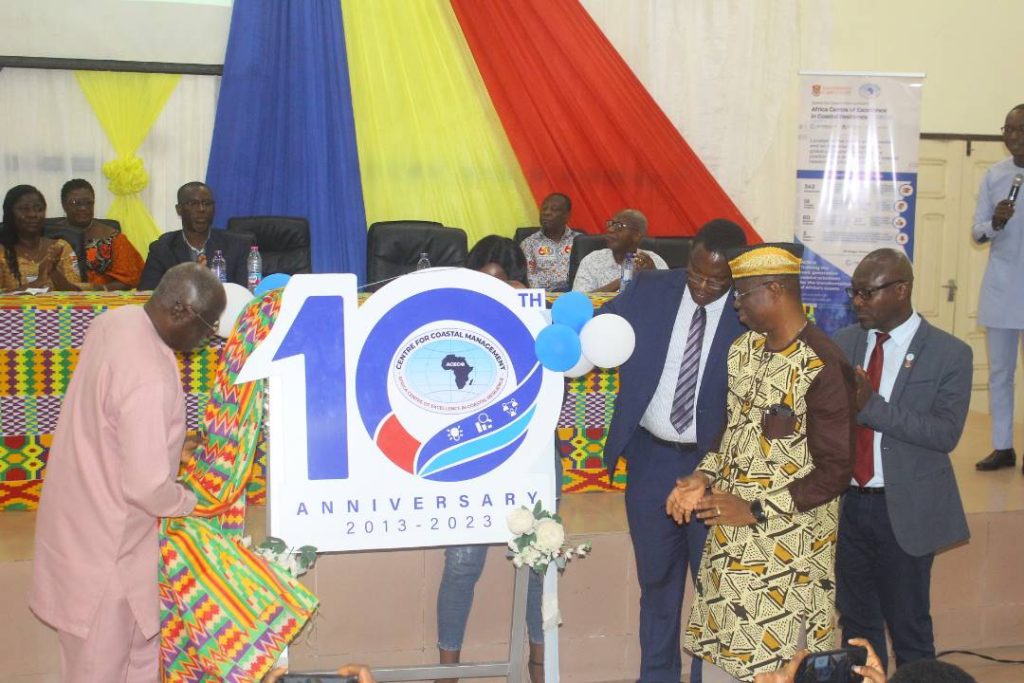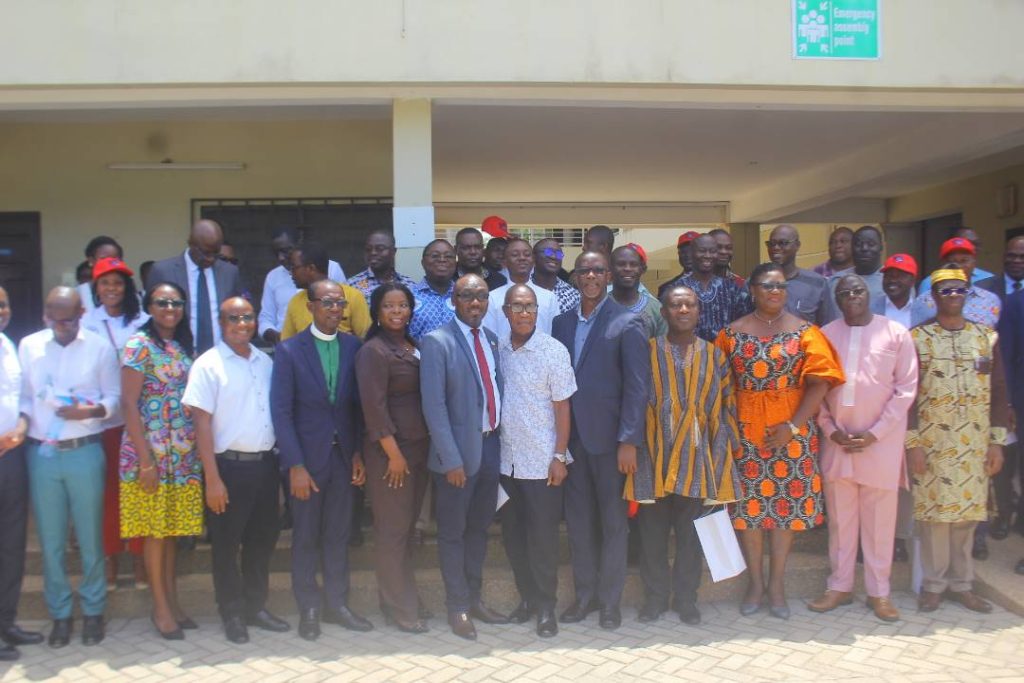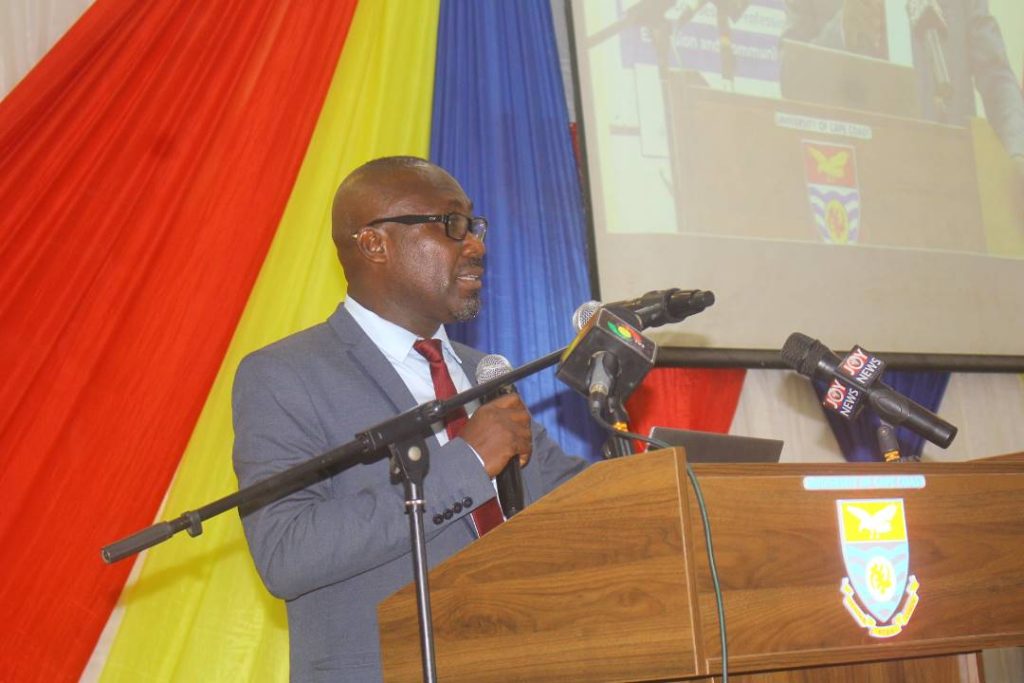By Prince Acquah
Cape Coast, April 12, GNA – The Centre for Coastal Management (CCM) of the University of Cape Coast (UCC) has launched its 10th anniversary celebration with a call for progressive reduction in subsidies for fishing inputs.
It observed that too many subsidies on inputs such as premixed fuel was inimical to the fishing sector and would further impoverish fishers and lead to overexploitation of Ghana’s fish stock if not reviewed.
Professor Denis Worlanyo Aheto, the Director of the Centre, thus, suggested a retrenchment to enable government to reinvest in other coastal development activities to improve the living conditions of the larger community.

This, he indicated, could mitigate the impact of some phenomena and policies such as the closed season on the fishing communities giving their vulnerability.
The year-long anniversary is on the theme: “Celebrating a decade of impactful research and capacity building: Towards sustainability and resilience of Africa’s coastal and marine environment.”
CCM, which is a World Bank Africa Centre of Excellence in Coastal Resilience, was originally conceived in 1997 and eventually established in 2013 with the mandate to conduct research, build capacity and perform extension activities.
The vision of the centre among others, is to reduce coastal degradation and exploitation of marine resources and help protect the lives and livelihoods of coastal communities.
In view of this the anniversary will reflect on the achievements and challenges of the centre over the years and chart a path for progress for the next decade.
Activities lined up for the celebration included webinars, observation of World Oceans Day, community outreach, workshops, health screening and health walk, blue economy conference and the launch of the Ocean Institute.
Professor Aheto said there was the need to undertake comprehensive planning through objective stakeholder engagements to deal with the issue of subsidies devoid of partisan politics.
He further called on stakeholders in the fishing industry, especially artisanal fishermen to embrace the closed season – a scientific management measure to allow the fish stock to breed.

But Professor Aheto maintained the right time for the season, was August and for the best results, it should be extended from July to September.
“Unfortunately, stakeholders and fishers think that it should be earlier. We hope that it will be timed in a way that we do not do the wrong things and at the end of the day see our stocks all collapse,” he said.
“But the question is, what will fishers be doing when the period is lengthened. Even in a month, they are crying,” he added.
He encouraged fishers to find alternatives livelihoods for themselves and not wait on government.
Touching on the achievements of the CCM, the director said they had, among other things, offered 343 scholarships for capacity building of fisheries professionals, engaged coastal communities in and outside of Ghana, embarked on 18 funded projects, and published 60 research works.
Professor Johnson Nyarko Boampong, the Vice Chancellor of UCC, acknowledged that the centre had increased the university’s visibility in the international community.

“In the past decade, the centre has combined forces with the Department of Fisheries and Aquatic Sciences to refurbish and expand the Fisheries and Coastal Management laboratories with funding from USAID and DANIDA,” he added.
He commended the partners of CCM for their support and urged them to sustain same.
GNA